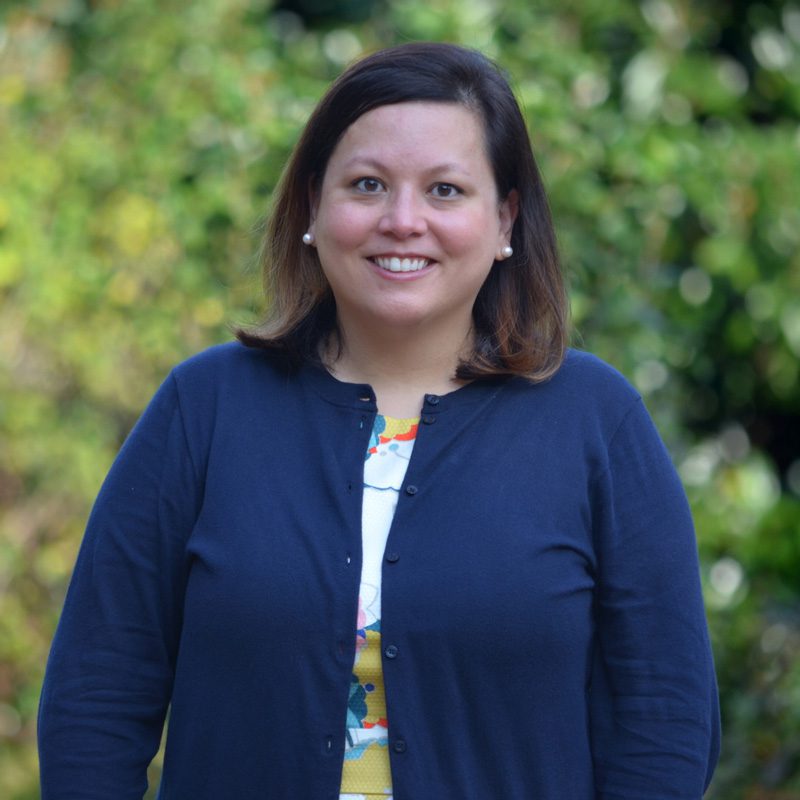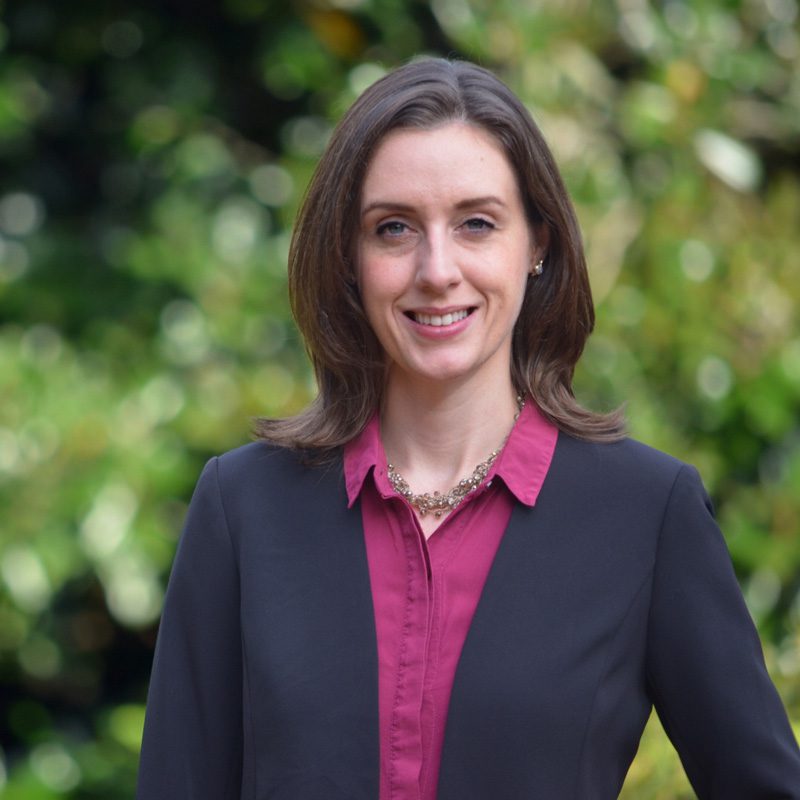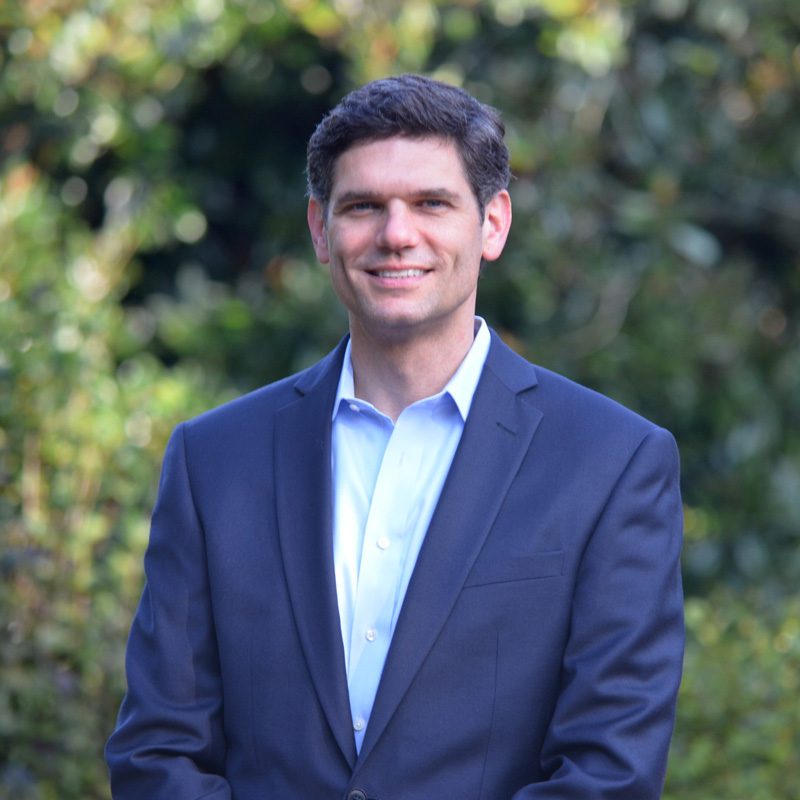Program Overview
Table of Contents
What is an economics degree?
Economics is about people – the decisions they make as individuals, the social institutions they create, and the complex interactions between them. An economics degree develops broadly transferrable skills in analytical reasoning and quantitative methods that will help you better understand historical trends, interpret today’s headlines and contribute to solving the most pressing human problems in an ever-evolving world.
Why study economics at Furman?
A degree in economics from Furman prepares you for success in dozens of fields and gives you the flexibility to pursue your specific interests. Our graduates excel in management, consulting, policy research, finance, analytics and nonprofits, and are admitted to top law schools and graduate programs in economics, business, finance and operations research. Economics at Furman is tightly integrated with other departments, offering courses that satisfy requirements for programs in data analytics, environmental studies, medicine, health and culture, poverty studies, and women’s, gender and sexuality studies. The adaptability of the major translates to opportunities to add a second area of study – something nearly half our majors choose to do. Plan a visit to Furman’s beautiful campus or start your application today.
What will you learn as an economics major?
You’ll elevate your critical thinking and problem-solving competencies by developing models to understand wide-ranging human behaviors. And you will develop your communication skills via presentation, discussion, and writing opportunities found in upper-level electives. You’ll dive into digital technology with programming languages like STATA and data visualization tools like Tableau.
Every student in economics is guaranteed an independent research experience through a semester-long project in ECN 331 (Empirical Methods in Economics), in which you’ll develop your own research question and hypothesis, manage data collection and analysis, and synthesize and present your conclusions – a process that fosters leadership and initiative and builds project management skills.
You’ll complement your academic experiences with internships, summer research opportunities, and study away programs that provide exposure to diverse experiences well before you graduate.

Careers for economics majors
As an economics major, you’ll become workforce- or grad school-ready with finely tuned critical thinking, data analysis, quantitative reasoning, digital technology, collaboration, project management, and verbal and written communication skills.

Our alumni have landed positions such as:
- Accountant
- Auditor
- Business analyst
- Chief executive officer
- Client relationship associate
- Credit trading analyst
- Financial analysis and investment specialist
- Financial manager
- Financial risk specialist
- Financial services sales agent
- Infantry officer, United States Army
- Investment performance analyst
- Lawyer
- Management analyst
- Management consultant
- Market research analyst
- Marketing manager
- Mathematics teacher
- Operations manager
- Sales analytics reporting analyst
- Underwriting Analyst
Courses you may take as an economics major
-
100%Economics majors who conduct research
-
78%Economics majors who participate in at least one internship
-
70%Economics majors who study away
-
46%Economics majors who pursue a second major
What our students say
Our faculty

Nathan Cook

Jessica Hennessey

Jason Jones

Kailash Khandke

Kenneth D. Peterson

Jessica Sauve-Syed

Jeffrey Yankow

Kelsey Hample

M. Taha Kasim

Economics Major F.A.Q.
An array of transferable skills such as critical thinking and problem-solving, data analysis, quantitative reasoning and project management position you for a wide range of career options in fields such as finance, consulting, education, investing and the nonprofit sphere. Our graduates have landed positions as accountants, auditors, business analysts, chief executive officers, client relationship associates, credit trading analysts, financial analysis and investment specialists, financial managers, financial risk specialist, financial services sales agent, lawyers, and underwriting analysts.
The average annual base salary for a Bachelor of Arts in economics is $78,000 according to Payscale.com.
The economics B.A. at Furman is a four-year program.




